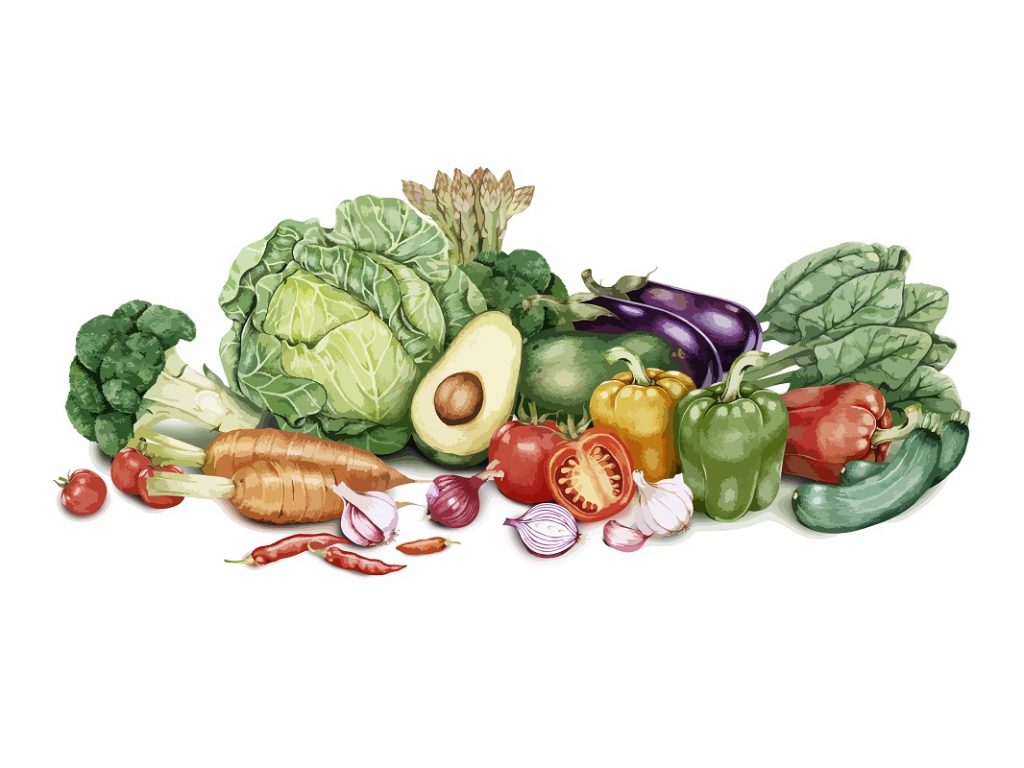
What are you planning for dinner tonight? Probably something nourishing that tickles your taste buds and stuffs your hungry tummy. While you are thinking of the recipe and ingredients, do you spare even a minute to think about the power that food on your plate holds on this planet? As much as far-fetched it sounds, we’d stake our lives on the fact that your personal food choices and habits have a huge impact on sustainable food systems and ecology. A sustainable food system ensures food security and nutrition for everyone without compromising the economic, social, and environmental foundations necessary to produce food security and nutrition for future generations.
Is food sustainability that important? A big YES! The greatest food crisis in recent history is currently plaguing the entire planet. While the human population and the demands are skyscraping, resources have reached their nadir. Every night, up to 828 million people go to bed hungry. 345 million people are experiencing severe food insecurity. A total of 49 million people in 49 different nations are on the verge of starvation. The soaring population would require the conversion of hundreds of millions of hectares of forest into farmland, which would have a catastrophic effect on the ecosystem. Currently, agriculture alone contributes to 13% of greenhouse gas emissions and is on the trend of rising. Emissions from agriculture mainly come from livestock, agrarian soil and rice production. Increasing farming activities for expanding demand for food will put further strain on already restricted resources. At such a critical period, it would not be humane not to care about sustainability.
Numerous factors contribute to food sustainability which comprises food security and safety, nutrition and health, natural resources, social justice and animal welfare. While countless efforts are being made by diverse organizations at global, national as well as local levels, there is so much more that we, as individual consumers, can contribute to food sustainability. And this is doable by making sustainable food choices some of which are mentioned below.
- Grow your food: A sizable number of miles are added to the carbon footprints to get agricultural products from the farm to the markets. By cultivating your own food, you are minimizing the large number of fossil fuels burnt that pollute the environment resulting from the import and transportation of products. Furthermore, you can reduce the usage of chemical pesticides that are abundantly used in commercial farming and are detrimental to human as well as environmental health. We can guess what you are thinking! Growing your own food might seem intimidating if you have no skills or experience. But we promise that all you need is a little space, some time and a lot of love for your plants. Once you start savoring your own crisp harvest, you can’t stop yourself from wanting more!
- Eat local and seasonal: Growing your own food may not be feasible for everyone, especially for those who are occupied with busy schedules. In such cases, buying local and seasonal food can be the alternate option. Local food does not have to be transported thousands of miles, stored and refrigerated to reach your kitchen thus reducing carbon footprint and maintaining the nutritional value. Also, you can understand more about what farming practices have been applied and whether the food is healthy or not when it is grown in your local area. On the other hand, seasonal produce supplies more delectable and nutrient-dense harvests as they do not undergo artificial ripening.
- Diversify food choices: How many different varieties of food make it to your plate in a week? We often tend to prepare meals around the same foods that we are used to. Of more than 50,000 edible food choices in the world, just 15 species supply 90% of the world’s food energy intake, rice, maize and wheat contributing to two-thirds of this. The more you diversify your food choices, the more diversified products are cultivated leading to rich agrobiodiversity and minimized environmental damages and food costs. Moreover, diversified food diets are supplemental for better health conditions as they provide all the nutrients essential for the body.
- Opt for plant-based diets: Meat lovers, please don’t come after us! Diets based on plants are more environmentally friendly and less resource-intensive than diets heavy on animal products, making them more sustainable. Meat is responsible for nearly 60% of all greenhouse emissions produced by food production. Low feed conversion efficiencies, enteric fermentation, and emissions associated with manure are found to be the major causes. But if avoiding meat utterly sounds like squeezing water from a stone, you can greatly lessen your negative impact on the ecosystem by choosing white meat and seafood over red meat.
- Reduce food waste: Food waste does not only refer to leftovers but also includes by-product food waste, expired products and unsold food items. About one-third of the produced food goes to waste globally while a large number of populations are deprived of food every day. Food waste and loss account for 8 to 10 percent of the world’s greenhouse gas emissions. So, it is a must for everyone to be mindful about food choices, respect the food and repeat after us “No Food Waste”.
“Eating is an agricultural act. Eating is an environmental act. Eating is a political act.”
